The Calouste Gulbenkian Translation Series in Armenia
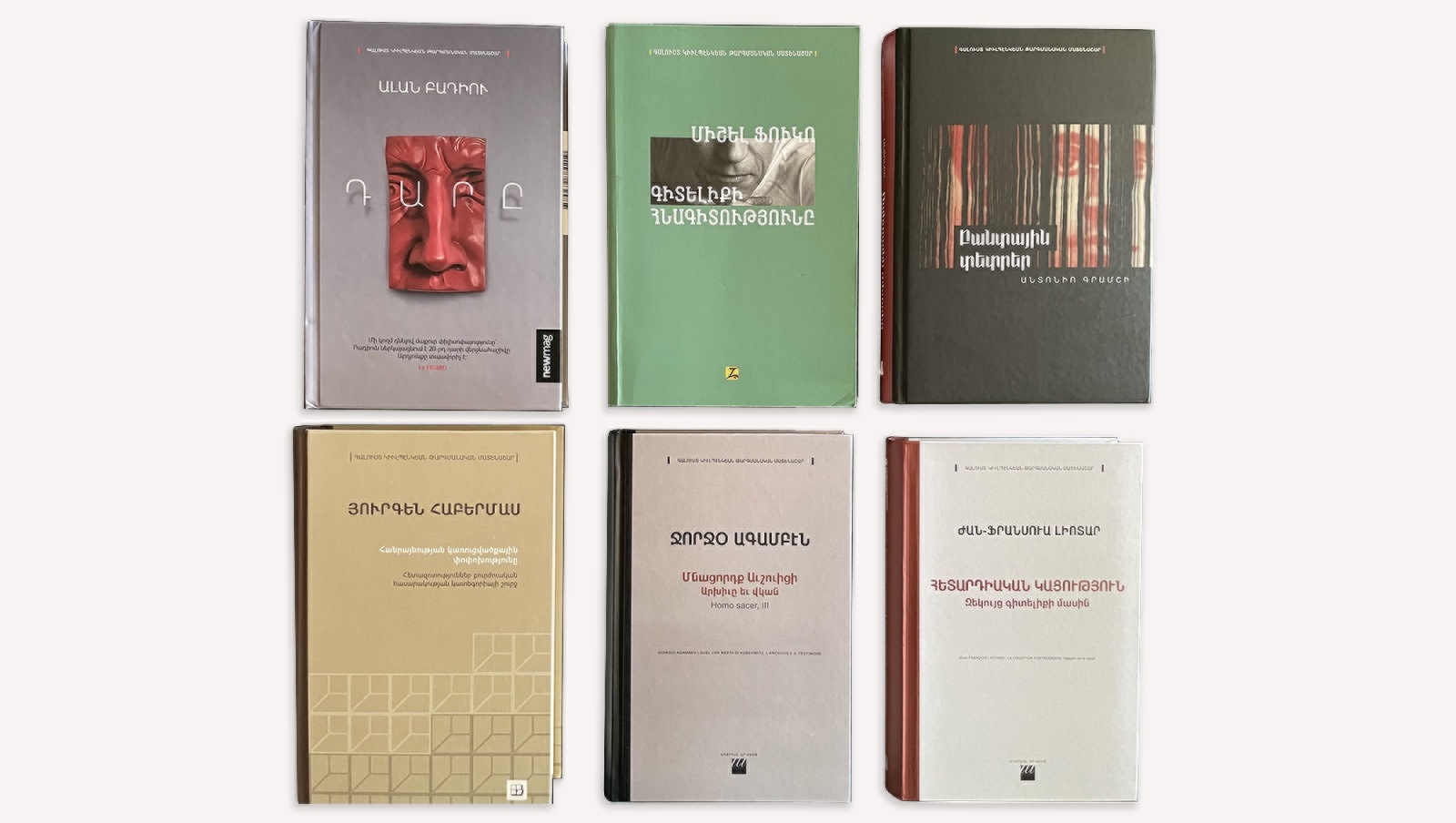
The Director of the Armenian Communities Department of the Calouste Gulbenkian Foundation, Razmik Panossian, and the Department’s Assistant Director, Shogher Margossian visited Armenia between the 23rd and 29th of November 2023. The working visit was dedicated to the Calouste Gulbenkian Translation Series project. Within this framework, three events took place in Yerevan at different venues, to present the achievements of the first phase of the project, and to announce its much-anticipated second phase.
The first event was a working meeting with translators, editors and advisory committee members. The second event was an academic panel about the project at the Yerevan State University, while the third was a public panel discussion addressing various topics such as philosophical thought in the Armenian language, translation traditions and its effects as a form of resistance, adaptation and progress.
During the public event, on 28 November, the new titles to be translated were announced. They are:
- Benedict Anderson, Imagined Communities: Reflections on the Origin and Spread of Nationalism
- John Rawls, A Theory of Justice
- Gayatri Chakravorty Spivak, A Critique of Postcolonial Reason: Toward a History of the Vanishing Present
- Lawrence Venuti, The Translator’s Invisibility: A History of Translation
- Jacques Le Goff, La Civilisation de l’Occident Médiéval
- Ludwig Wittgenstein, Logisch-Philosophische Abhandlung / Philosophische Untersuchungen
- Carlo Ginzburg, The Cheese and the Worms
- William James, Pragmatism
- Terry Eagleton, Marxism and Literary Criticism
- Edgar wind, Art and Anarchy.
Further details will be announced soon regarding the competition to select translators and publishers.
An evaluation workshop
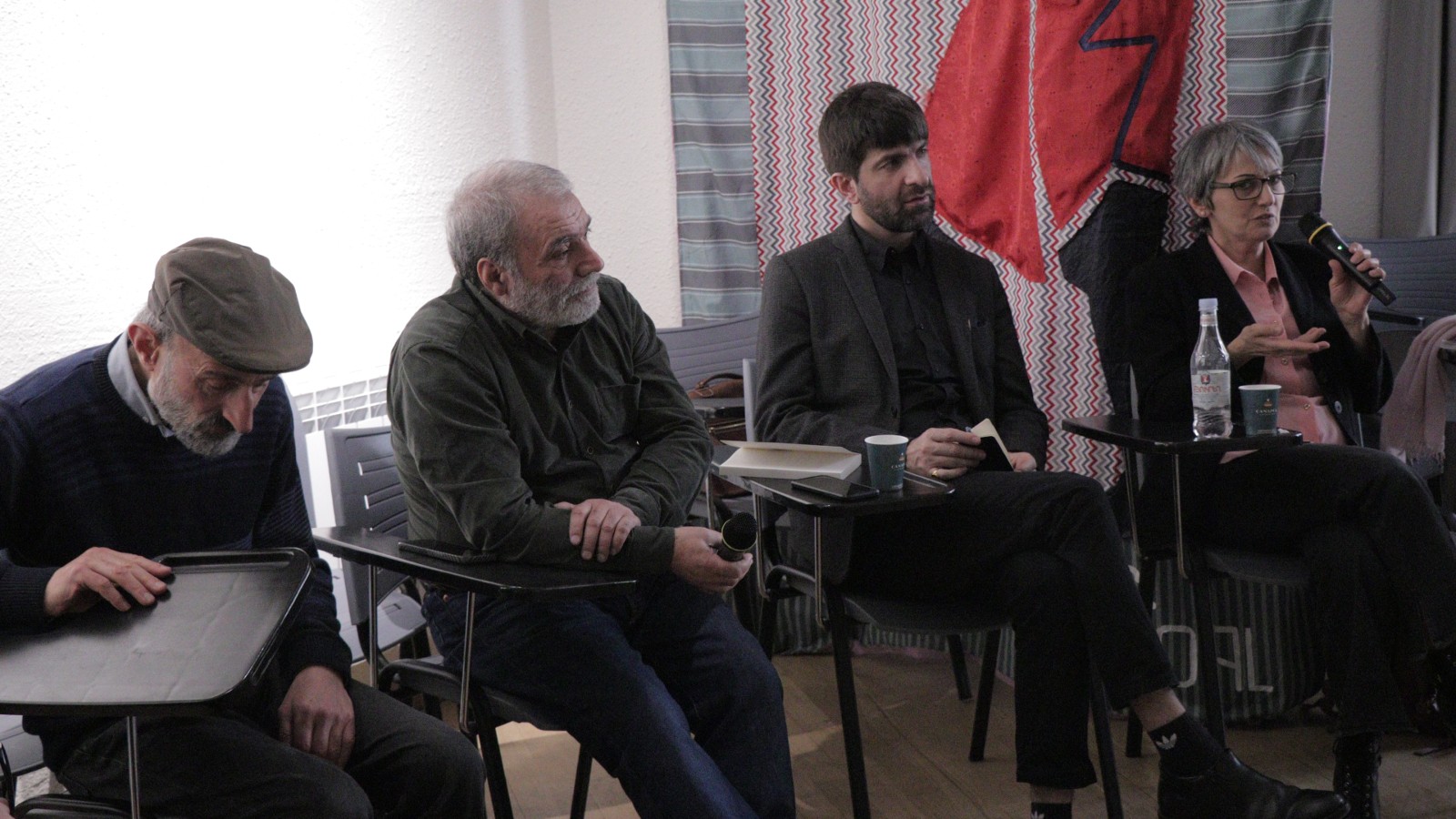
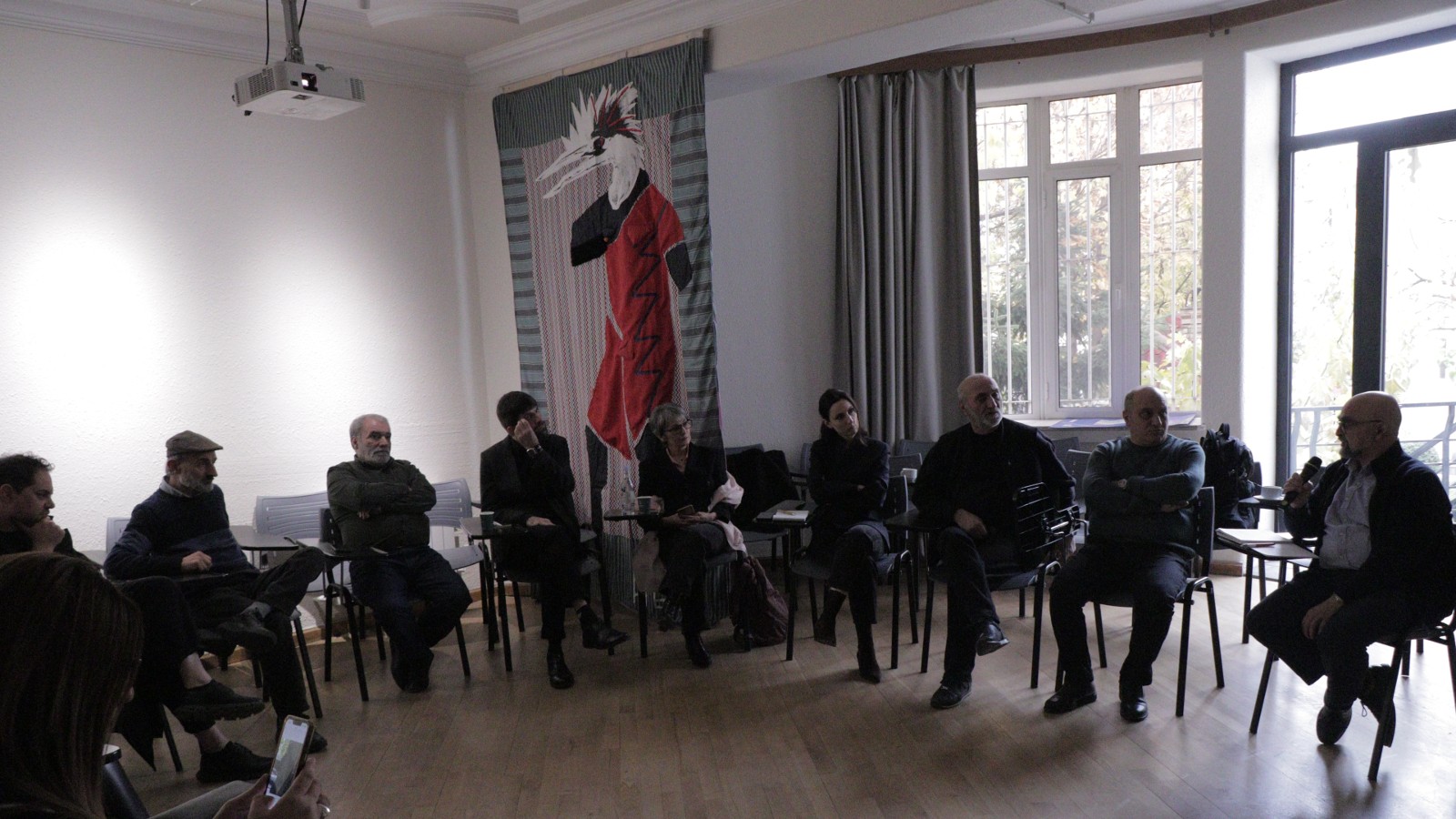
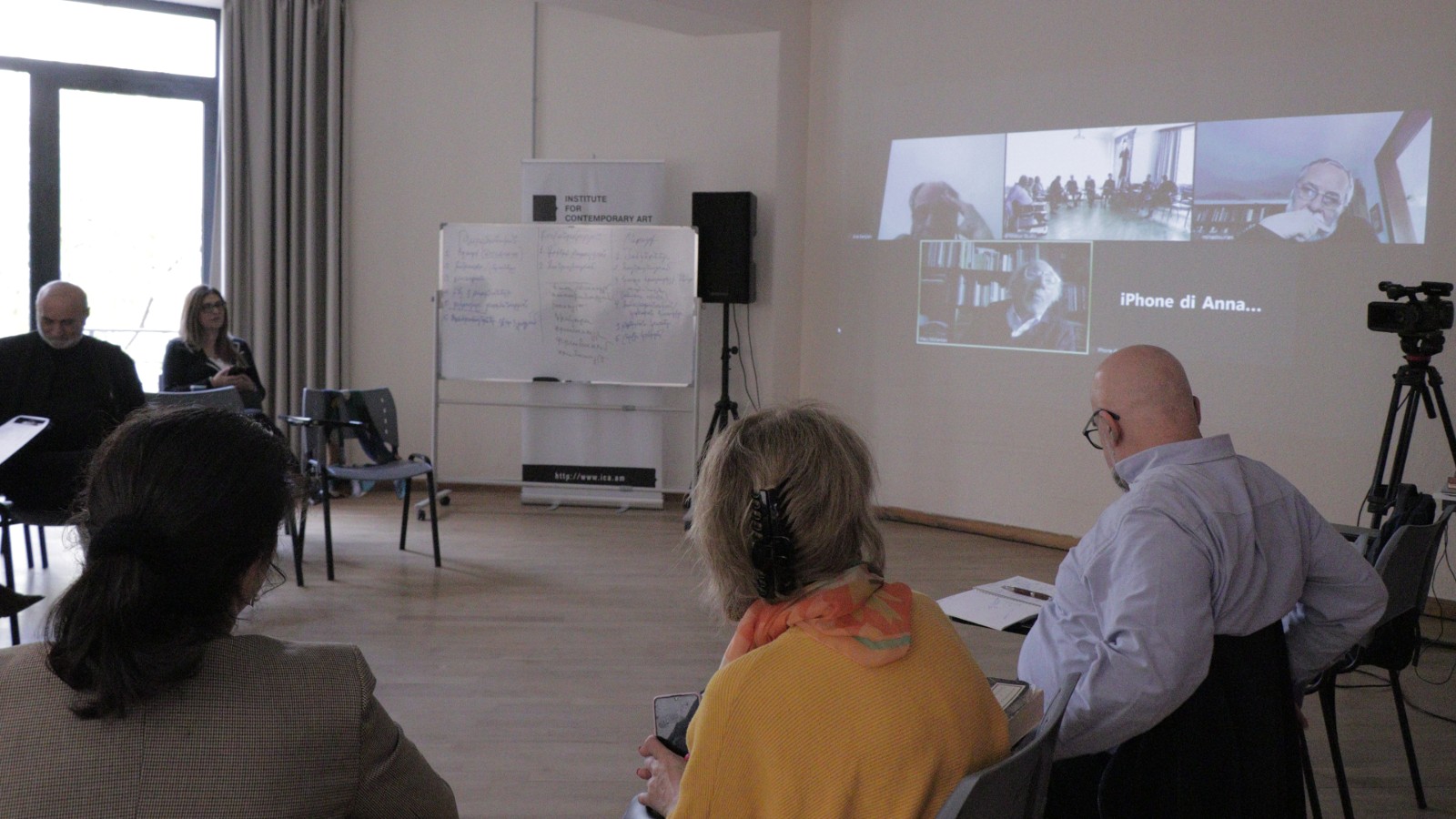
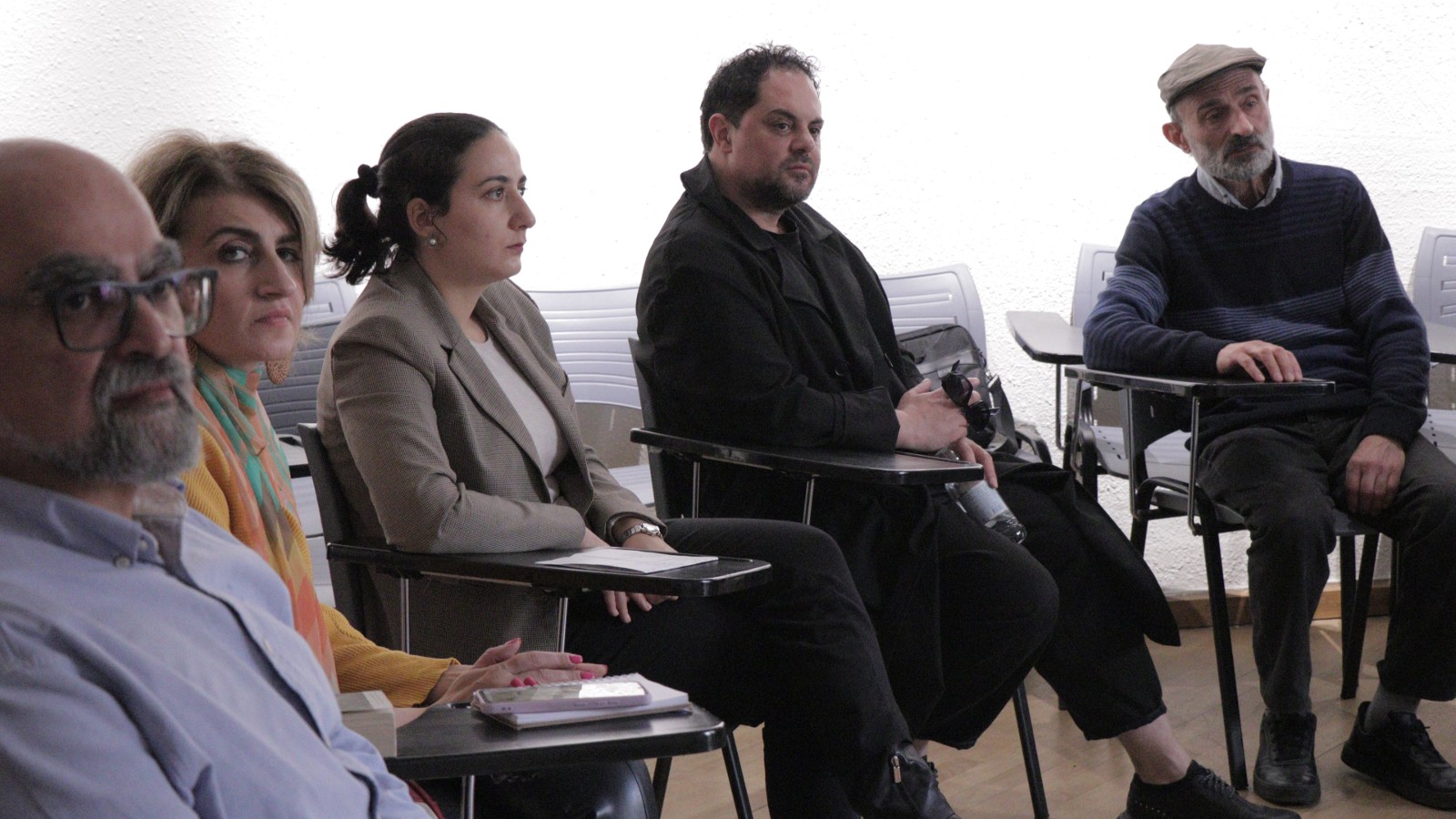
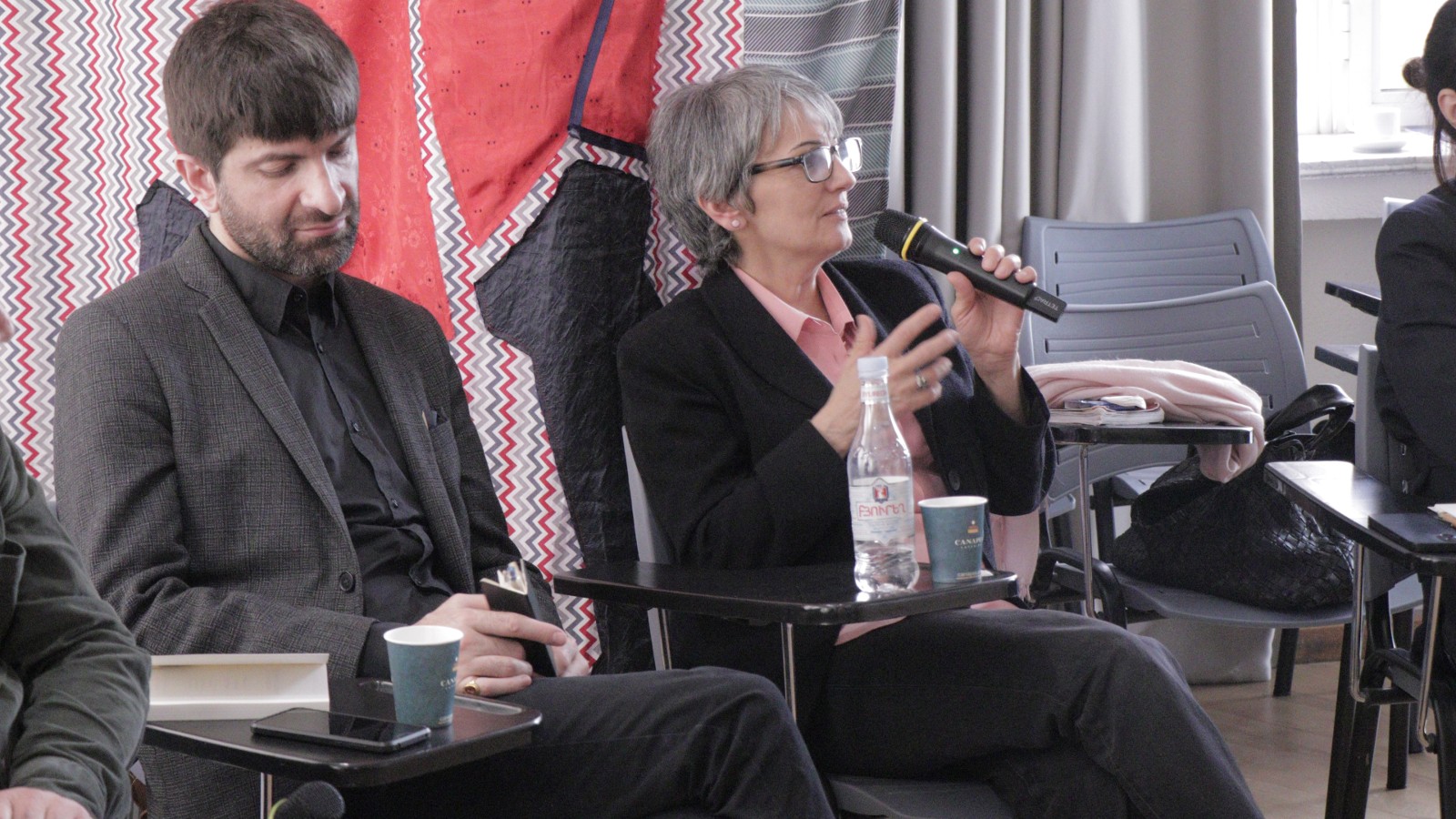
On 25 November a closed workshop was organized jointly by the Armenian Communities Department and the ARI Literature Foundation at the Institute of Contemporary Arts in Yerevan. The purpose of the meeting was to discuss with translators, editors, advisory committee members and project administrators the first phase of the project currently being concluded. It was an in-depth evaluation of the challenges faced to date, strengths to build on, processes undertaken as well as some specific translation issues.
The working meeting included three main directions that were discussed in detail: the translation process, the content and the administrative component.
The books that were selected to be translated in the first phase of the project were:
Alain Badiou, Le Siècle; Michel Foucault, L’archéologie du savoir; Antonio Gramsci, Quaderni del carcere (selezioni); Jürgen Habermas, Strukturwandel der Öffentlichkeit; Jean-Francois Lyotard, Instructions Païennes and La condition postmoderne; Edward Said, Orientalism; Hannah Arendt, The Origins of Totalitarianism; Giorgio Agamben, Quel che resta di Auschwitz. L’archivio e il testimone (Homo sacer III); Judith Butler, Ernesto Laclau and Slavoj Zizek, Contingency, Hegemony, Universality: Contemporary Dialogues on the Left; Simone de Beauvoir, Le deuxième sexe.
Out of the above titles, six works have already been published, as well as an accompanying volume of commentary on Lyotard. Three other volumes are nearing completion and will be published in 2024, while one is postponed indefinitely.
Panel discussion at the Yerevan State University
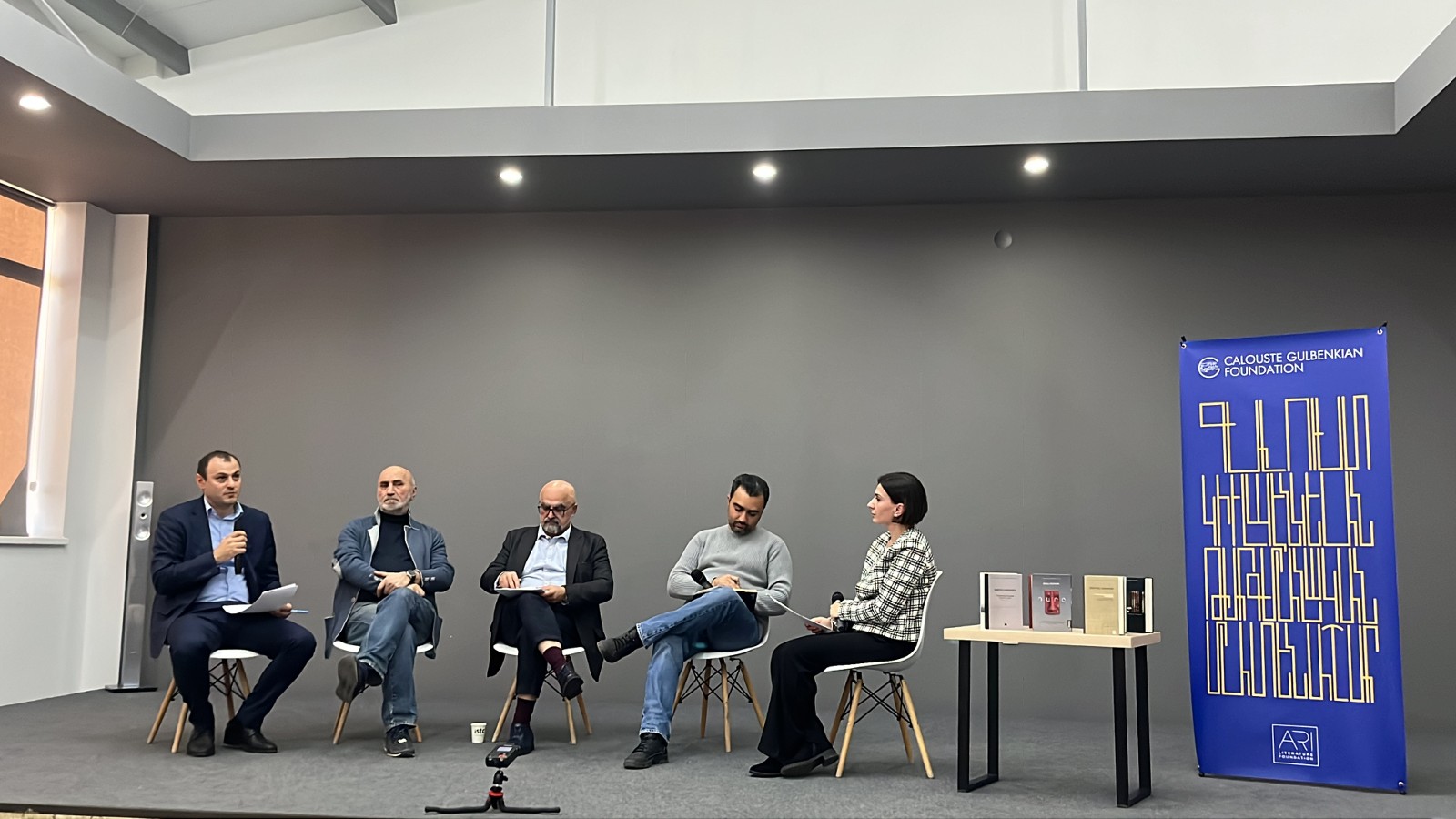
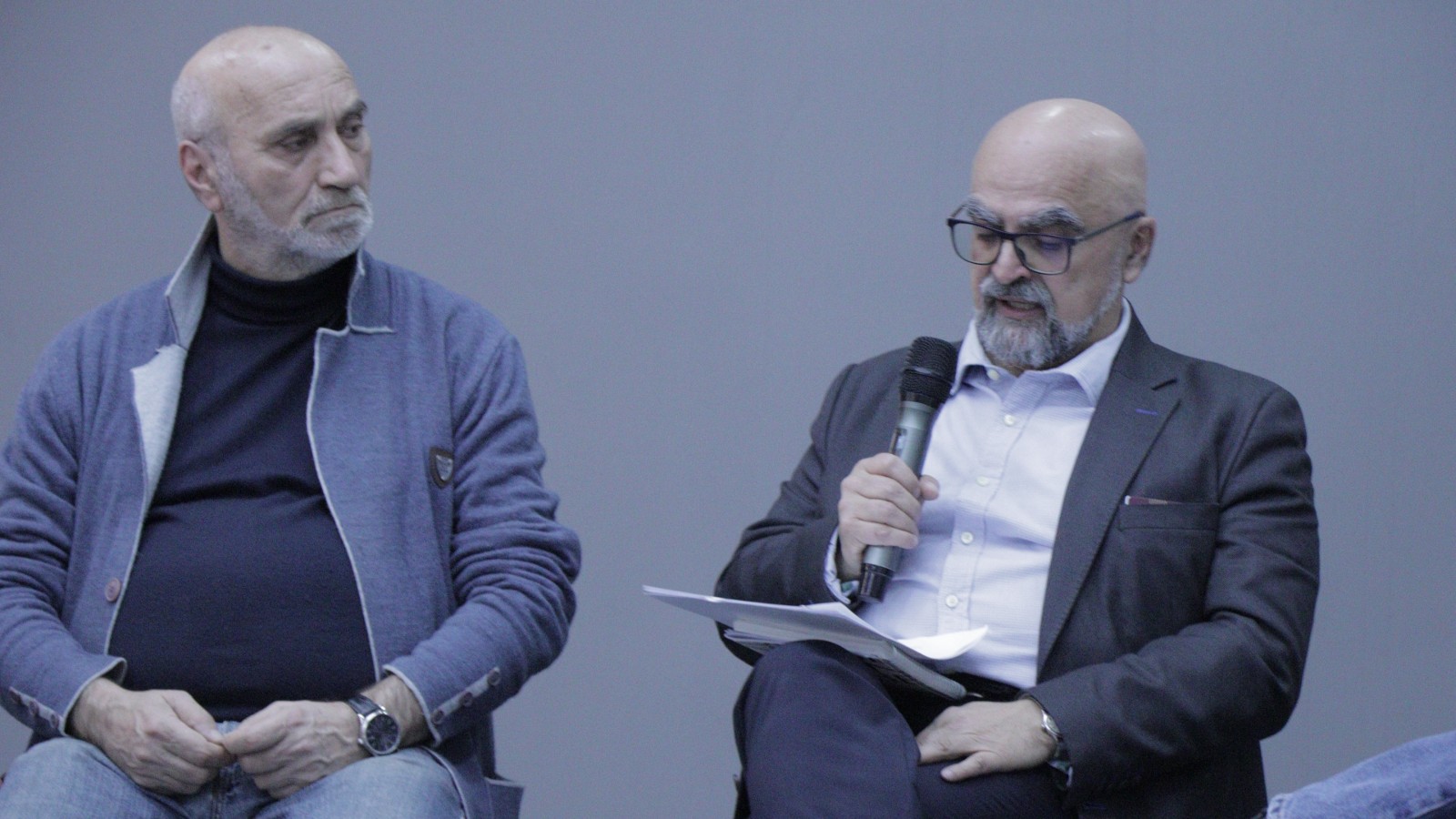
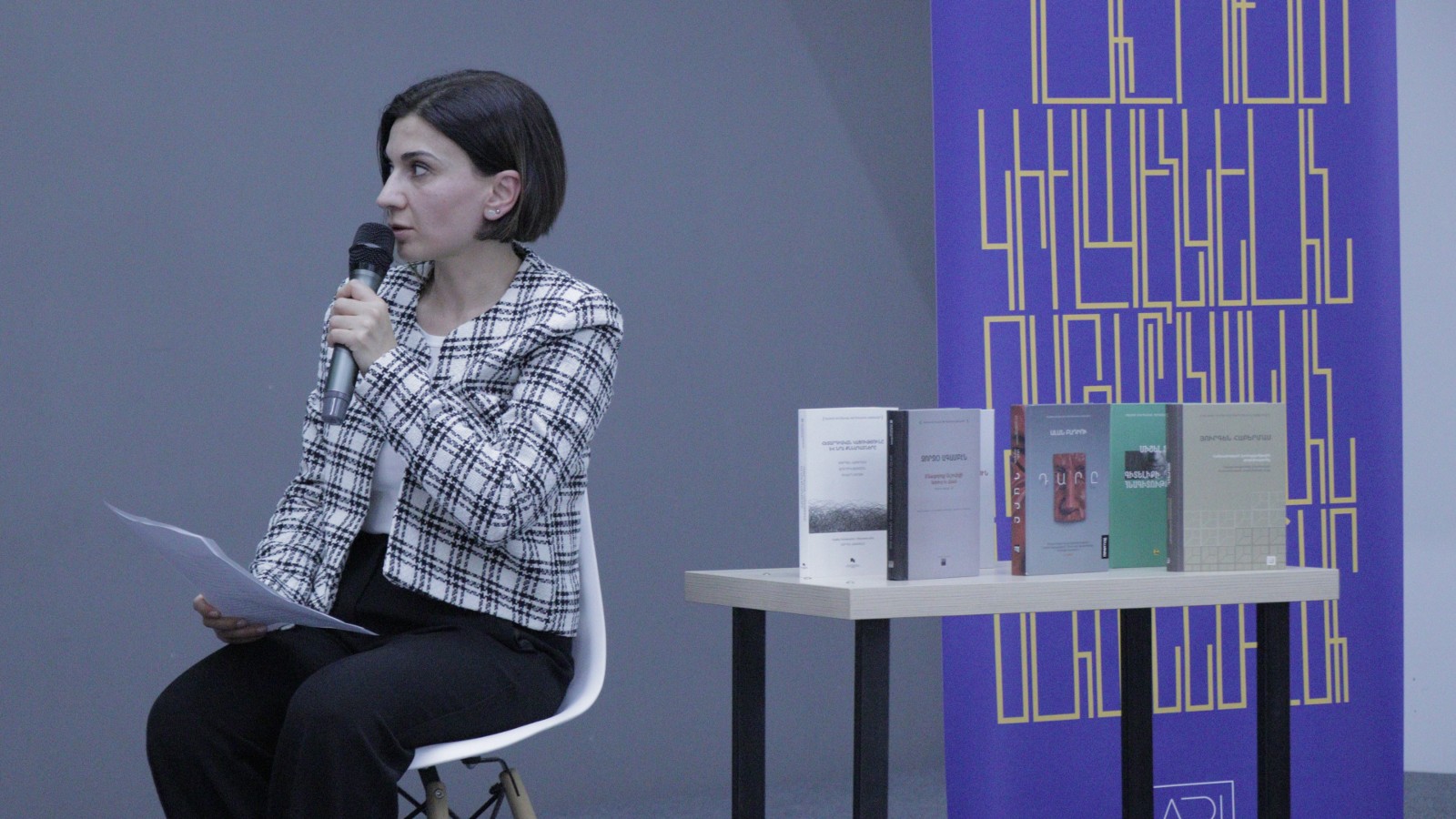
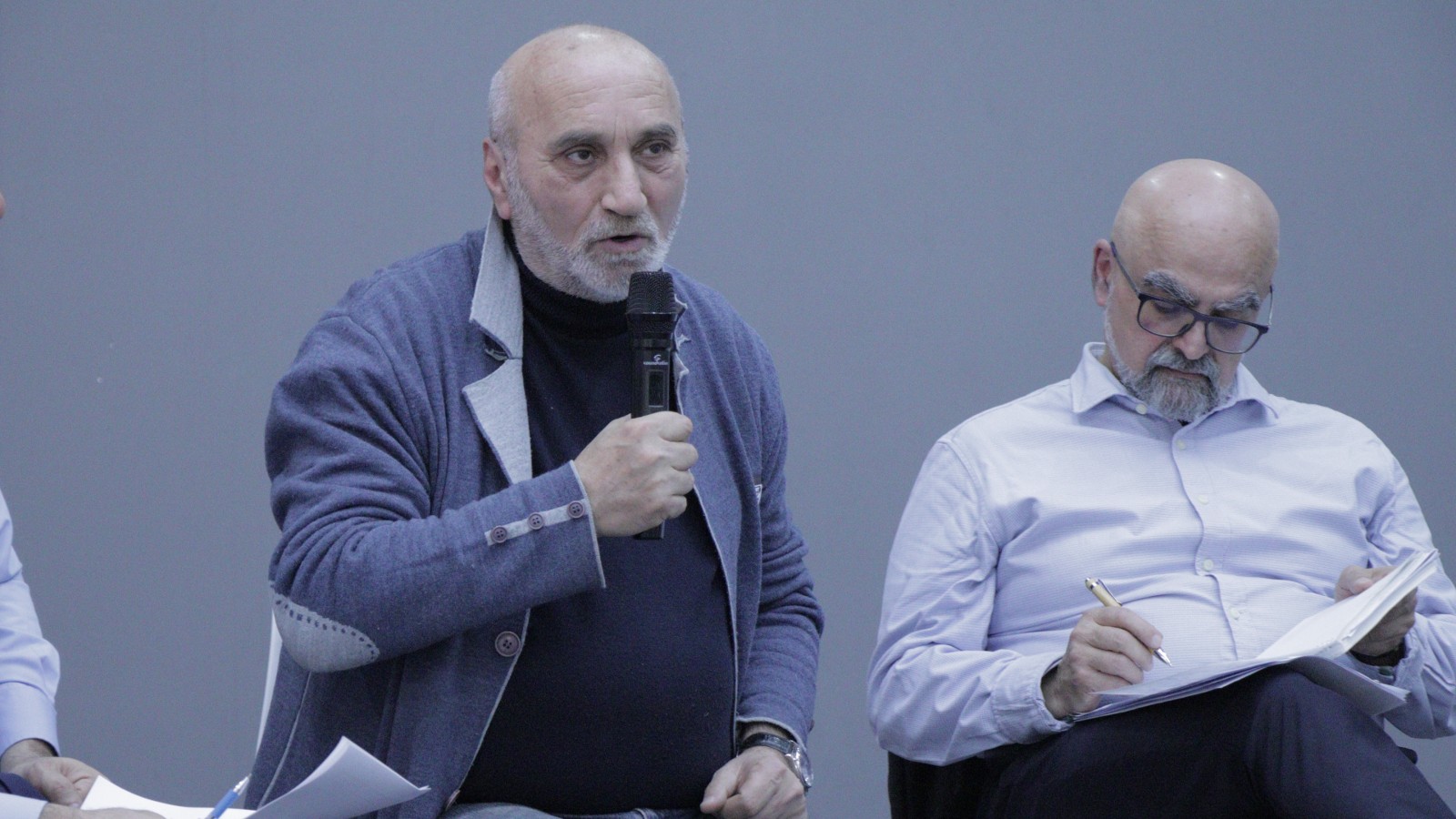
On 28 November a panel discussion was organized in the ISTC hall of the Yerevan State University to talk about the books translated to date. The moderator of the panel was Naira Mkrtchyan, Associate Professor at the YSU Social Philosophy, Ethics, and Aesthetics Chair. The speakers were Razmik Panossian; Nazaret Karoyan, art critic, curator, and Director of the Institute of Contemporary Art; Harutyun Vermishyan, the Head of YSU Sociology Theory and History Chair; and Yeznik Mirzoyan, the Director of YSU Sargis and Mari Izmirlyan Library.
The purpose of the discussion was to present the Series to the university public, to discuss the importance of the circulation of translated books within universities, and to highlight the necessity of having modern influential world literature in the humanities and the social sciences in the Armenian language. The panel also addressed the centrality of translations as a means to keeping the language compatible with world thinking.
The full video of the panel is available through the link below. The panel is in Armenian.
Watch Video20th century thought in Armenian
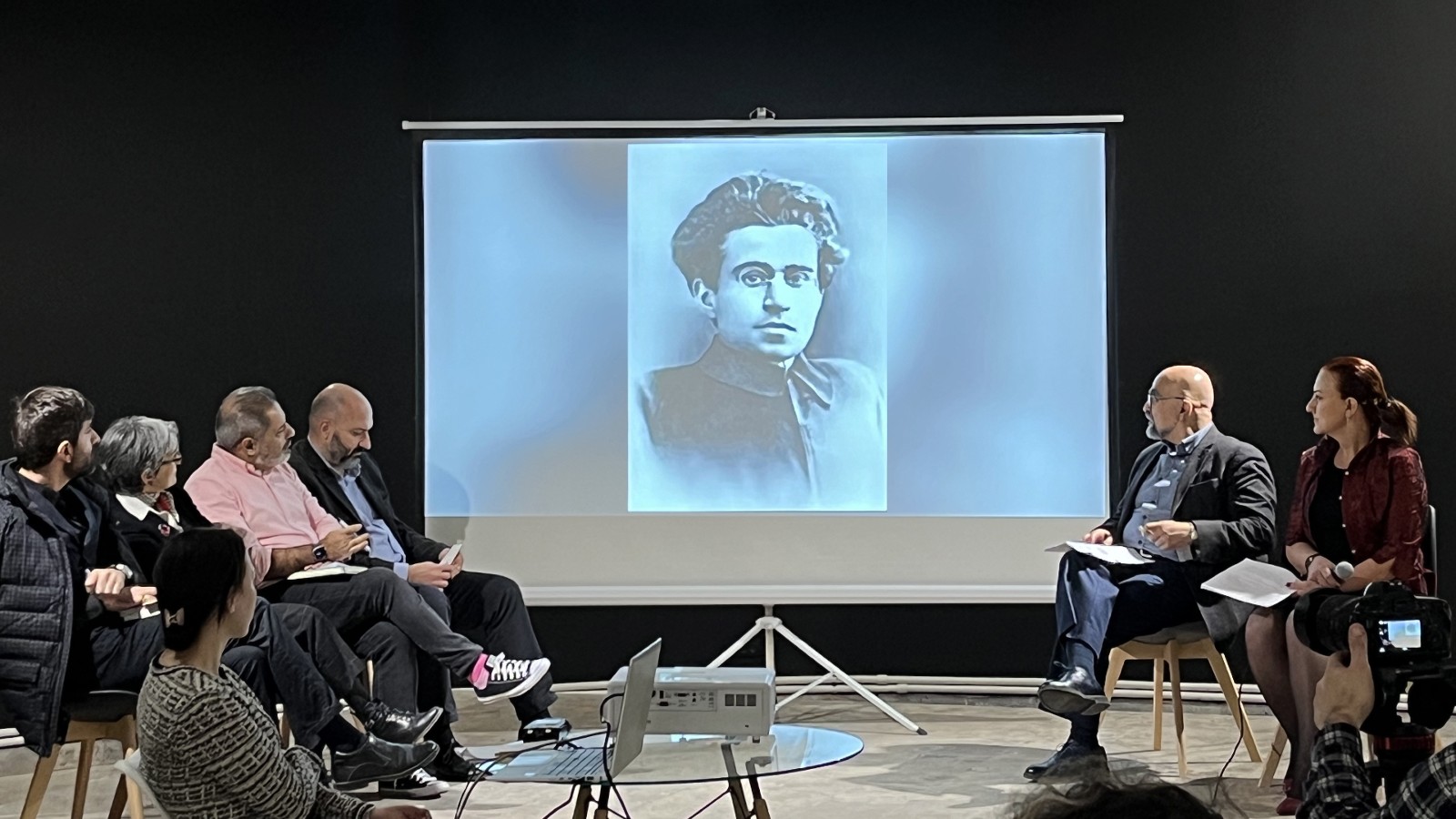
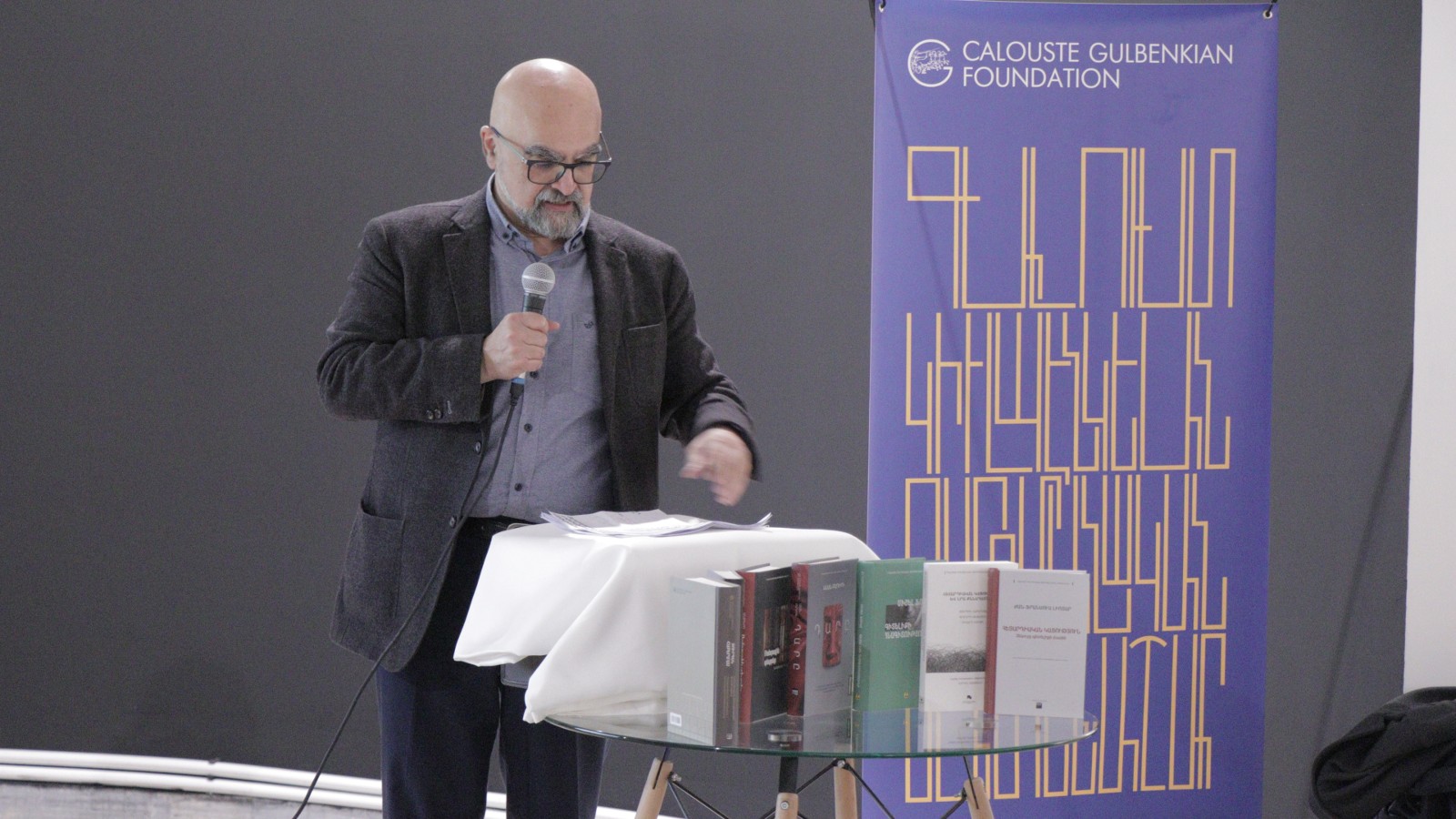
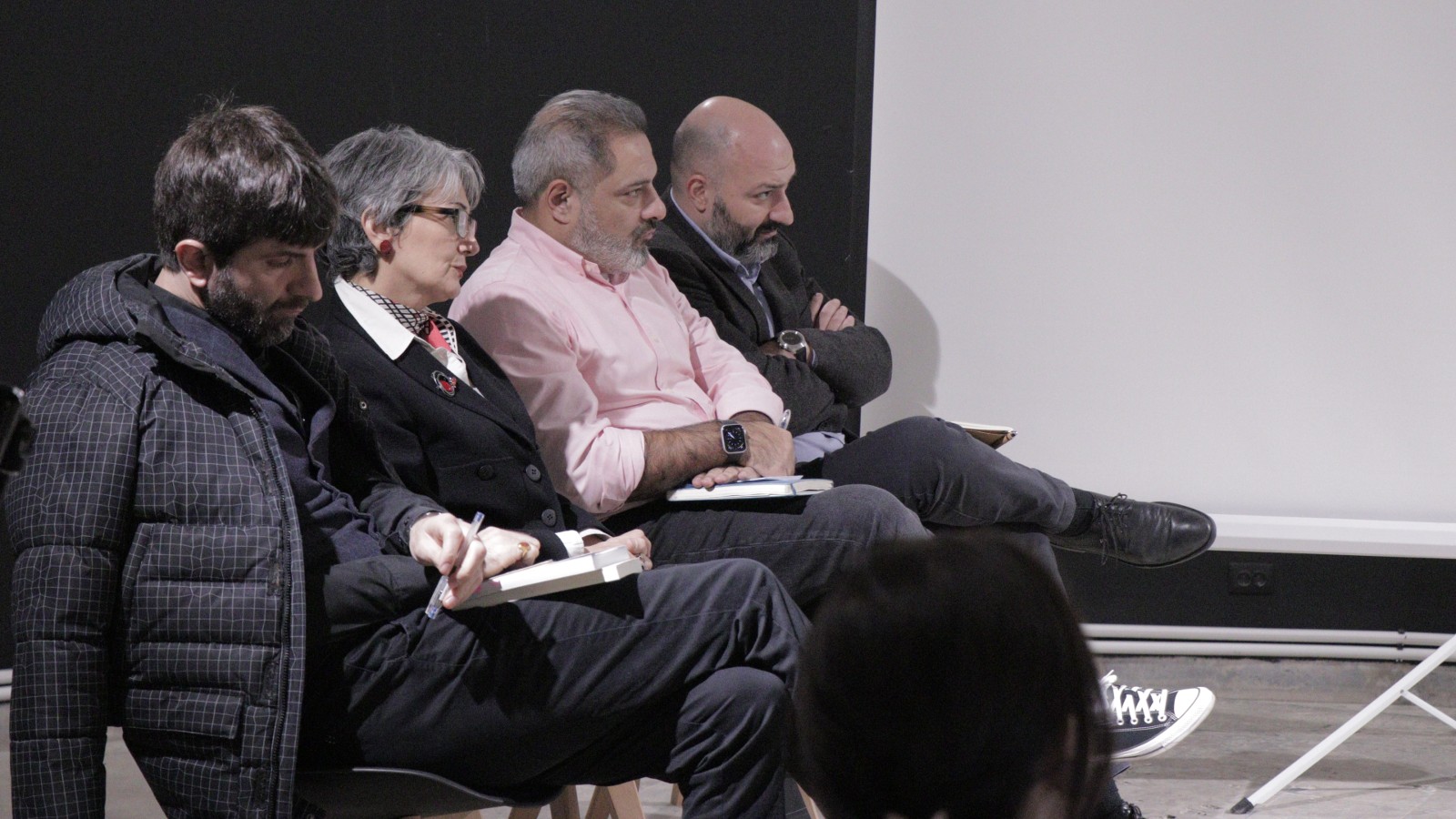
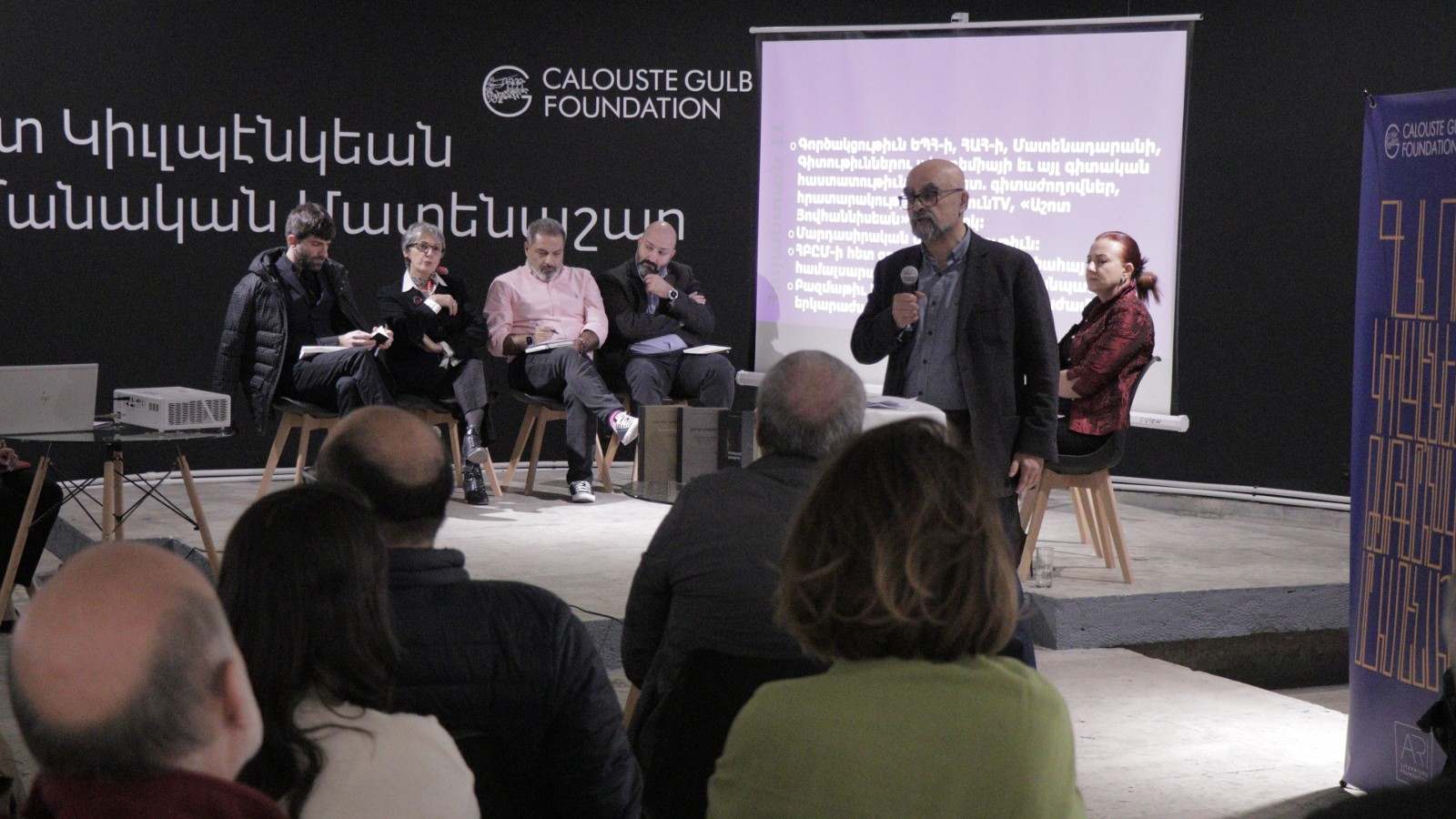
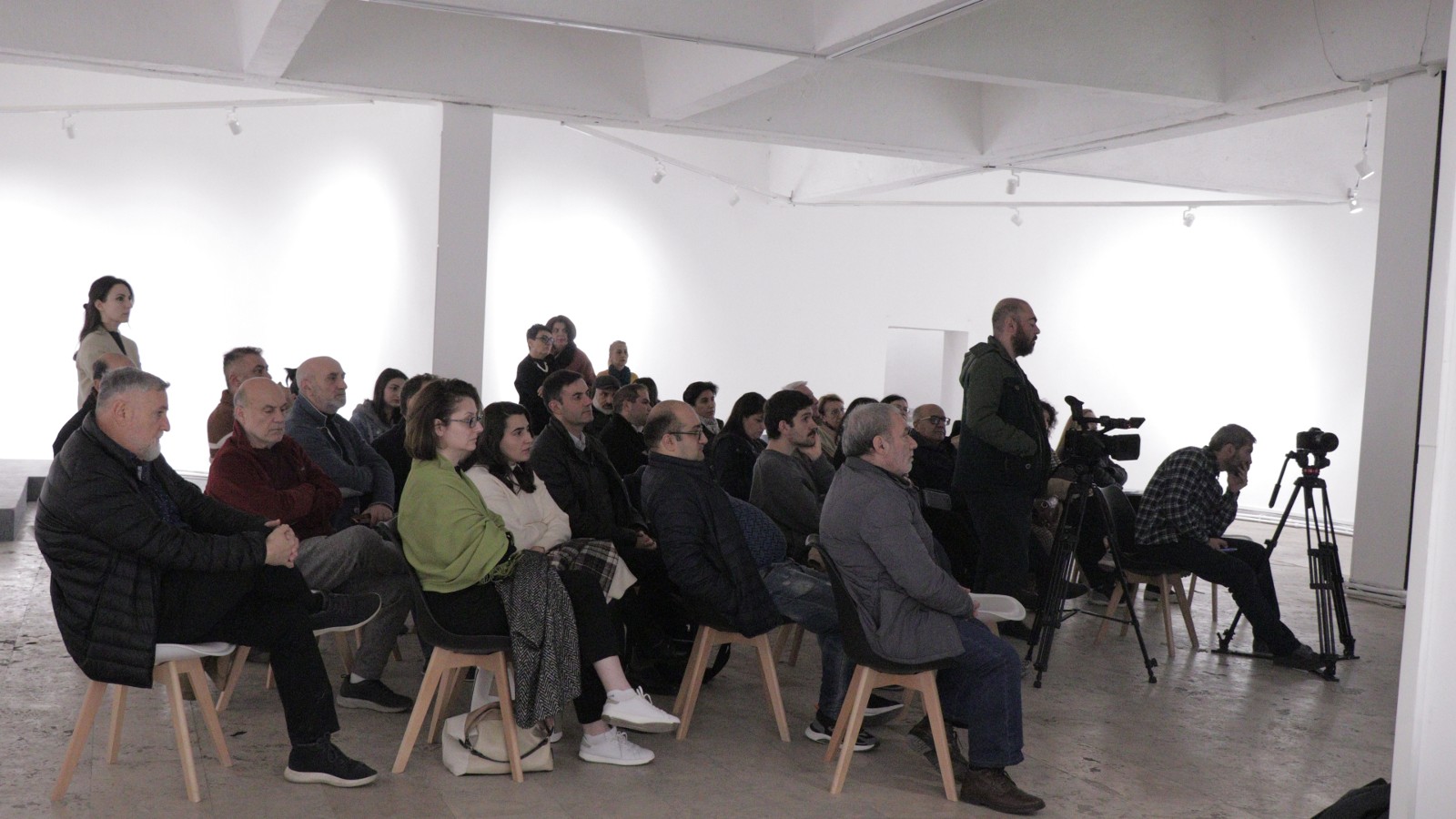
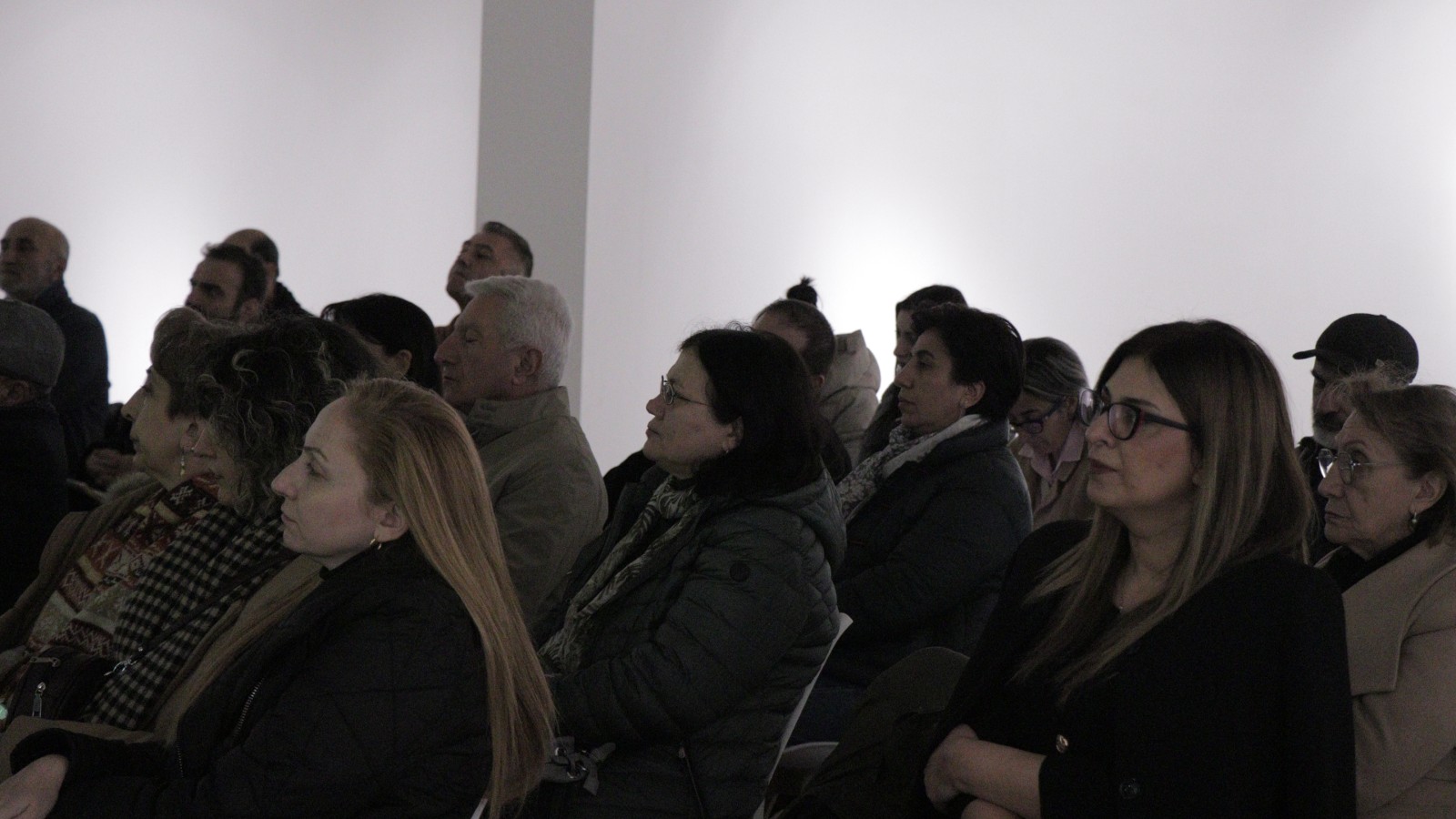
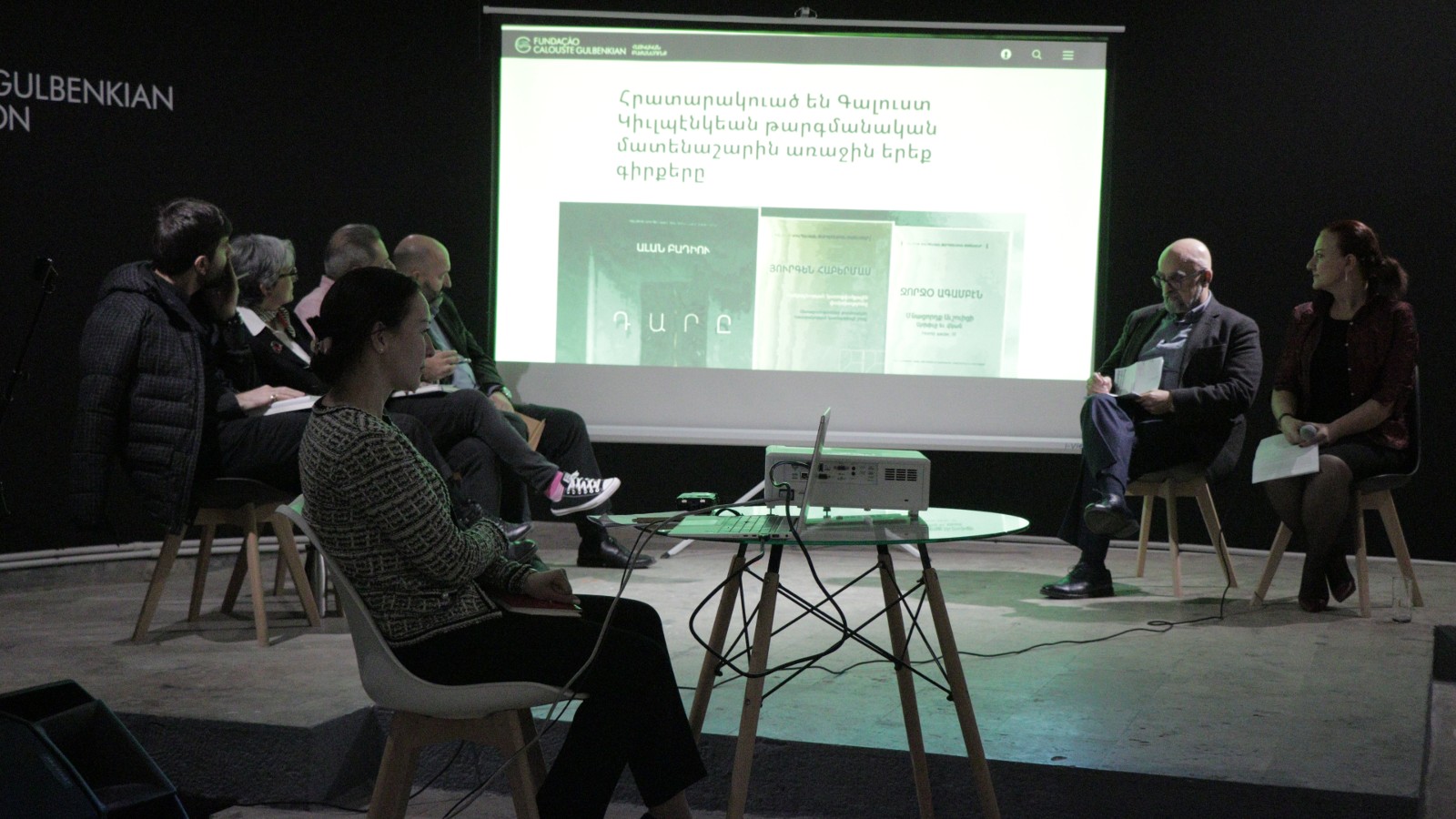
On 29 November a public panel discussion entitled “20th Century Thought in Armenian Translation” was held at the HayArt Cultural Center.
The speakers were Razmik Panossian; Mikael Hovhannisyan, YSU Vice-Rector for Development and Innovations; Vardan Azatyan, art historian, theorist and translator of philosophical literature, Associate Professor of Art History and Theory at the State Academy of Fine Arts of Armenia, Co-Founder and President of the Hovhannisyan Institute; Nazeni Gharibyan, art critic, publicist, and translator; and Asbed Kotchikian, political scientist, Interim PSIA Program Chair, Associate Professor at AUA.
Razmik Panossian first provided an overview of the Translation Series and presented briefly some of the other programming in Armenian supported by the Calouste Gulbenkian Foundation. The panel itself addressed the challenges of the 20th century and how global theories have developed during the past decades to explain them. The act of translation was in itself seen through this prism. The importance of the books was discussed from an interdisciplinary point of view, as well as the possibility of including such books in university curricula to address the lack of critical thinking in both in academia and in broader contexts in Armenia.
The discussion was moderated by Arevik Ashkharoyan, the Director of the ARI Literature Foundation, the Coordinator of the Calouste Gulbenkian Translation Series project in Armenia. The panel was followed by Q & A session.
The full video of the panel is available to watch through the link below. The panel is in Armenian.
Watch Video